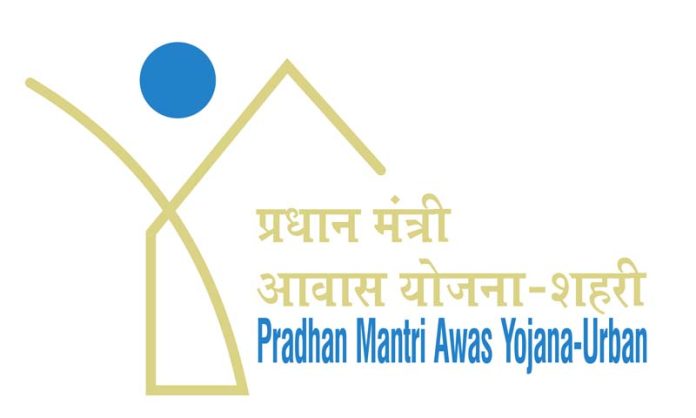In an ambitious and commendable stride towards ensuring “Housing for All,” the Union Cabinet, under the leadership of Prime Minister Narendra Modi, approved the construction of three crore additional houses under the Pradhan Mantri Awas Yojana (PMAY) in its first meeting of Modi’s third term. This decision represents a significant step in addressing the country’s pressing housing needs and further solidifies the Government’s commitment to inclusive development. The PMAY, launched in 2015-16, has been a cornerstone of the Modi administration’s agenda to provide affordable housing to all eligible rural and urban households. With over 4.21 crore houses already completed under this scheme, the addition of three crore more houses underscores the Government’s recognition of the evolving housing requirements and its resolve to meet these demands comprehensively.
India’s housing sector has long faced challenges, from rapid urbanisation to inadequate infrastructure and a growing population. The need for affordable housing is particularly acute among economically weaker sections and lower-income groups, who often find themselves marginalised in the property market. By targeting this segment, the PMAY aims to bridge the gap between demand and supply, providing not just shelter but a foundation for improved living standards. The scheme’s practical approach, along with schemes for other basic amenities like household toilets, LPG connections, electricity, and functional household tap connections, ensures that the houses are not merely physical structures but homes that contribute to the well-being and dignity of the residents. This convergence with other schemes highlights a comprehensive development strategy, fostering a synergy that amplifies the impact on beneficiaries’ lives.
The Cabinet’s approval comes at a crucial time when the nation is grappling with various economic and social challenges. There are nuanced and diverse needs of the Indian populace that the Government has to take care of. By prioritising housing and rural development, the Modi administration signals its intent to address these challenges head-on. Moreover, this move, with its broader vision, also catalyses local economies. The construction sector is a significant employment generator, and such a massive housing initiative will undoubtedly create numerous job opportunities, from labourers to engineers and architects, thereby invigorating the economy.
The financial commitment involved in this undertaking is monumental. The Government’s ability to mobilise resources and manage this large-scale implementation will be critical. Ensuring transparency, timely completion, and quality construction will require robust monitoring mechanisms and coordination between various central and state agencies. Given the past experiences with PMAY, where significant progress has been made, there is a blueprint to build upon. However, scaling up to meet the new target of three crore houses necessitates an adaptive strategy that can overcome logistical hurdles, especially in remote and underserved areas.
The Cabinet decision to approve three crore houses under PMAY reflects a vision for inclusive growth that seeks to uplift the most vulnerable sections of society. This initiative is not merely a policy decision but is indicative of a broader developmental ethos that values equity and empowerment. The integration of digital tools for monitoring and beneficiary management can enhance transparency and accountability, ensuring that the benefits reach the intended recipients without leakages.
The PMAY marks a significant milestone in India’s journey towards comprehensive development. The first decision taken by the new cabinet shows the intent of the Modi government, emphasising its commitment to addressing critical social issues and fostering an environment of growth and inclusivity. As the nation moves forward, the focus must remain on meticulous implementation, continuous feedback, and adaptive strategies to navigate the complexities of such large-scale initiatives. By doing so, the government can not only meet the housing needs of the populace but also set a precedent for sustainable and inclusive development that can be emulated in other basic needs of the people. The promise of “Housing for All” is not just a policy goal; it is a vision for a more equitable and prosperous India.
Trending Now
E-Paper


